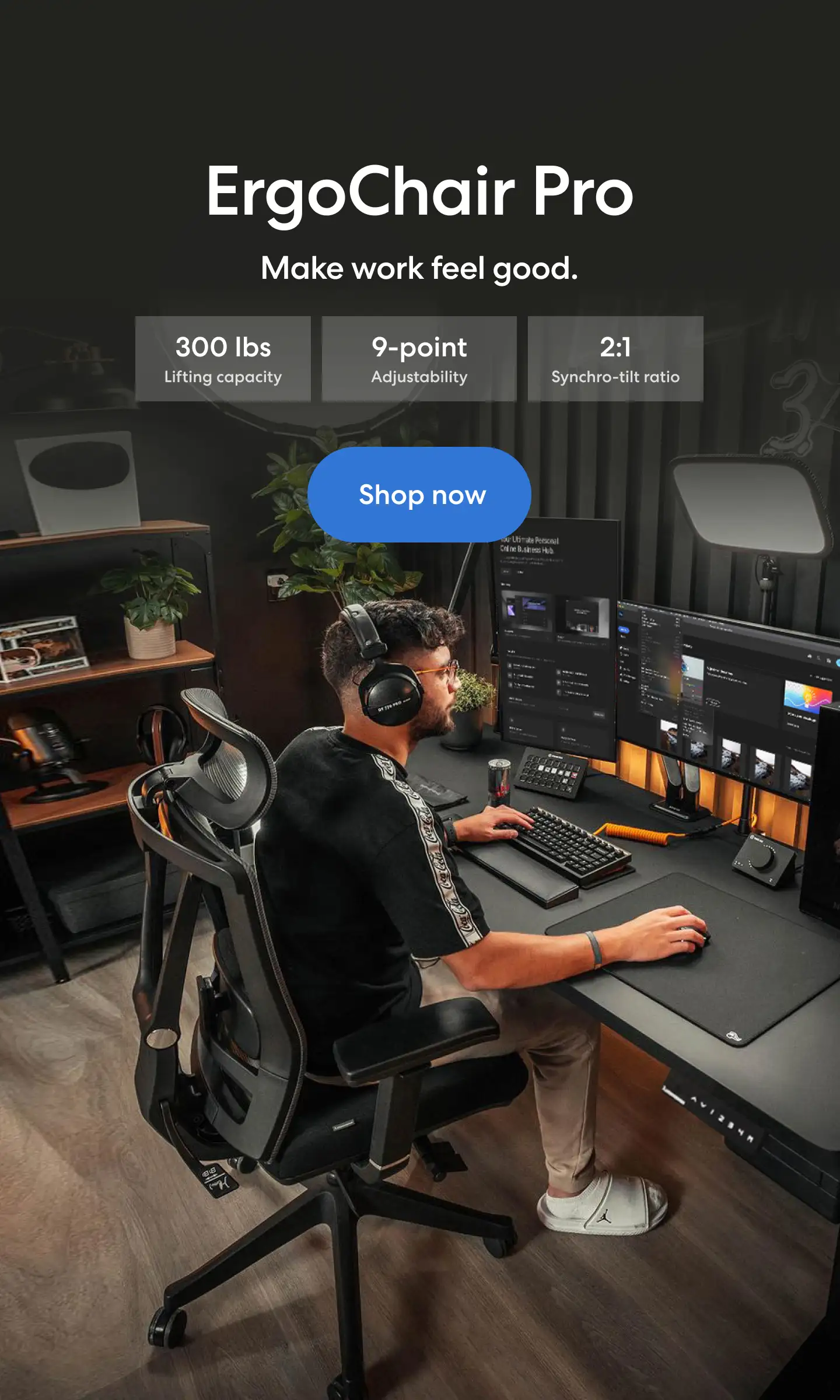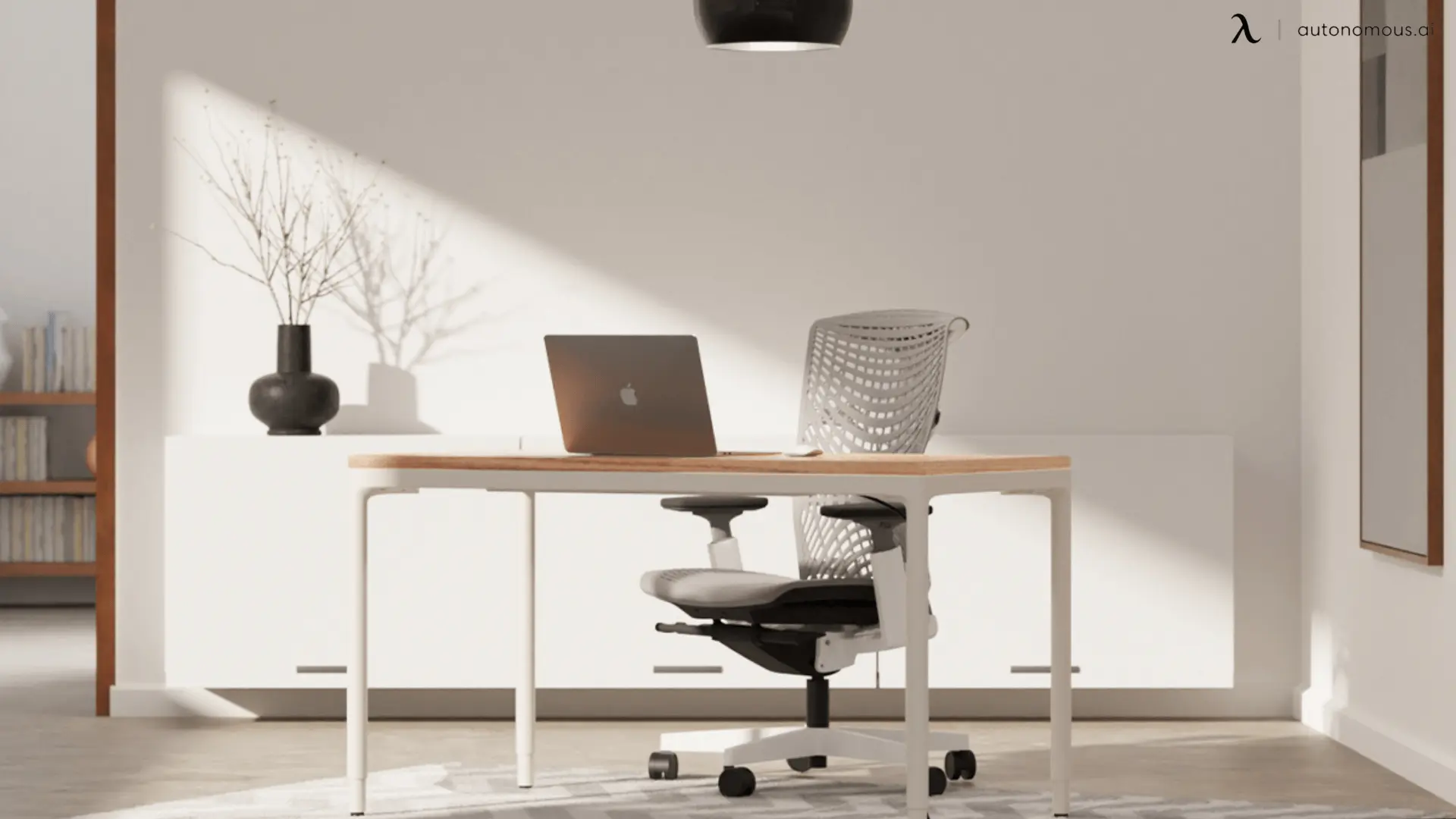
8 Therapist Office Chairs That Set The Tone For Connection
Table of Contents
- How The Right Therapist Office Chair Shapes Your Therapy Practice
- Finding Balance: Comfort, Support, And Style In Your Therapist's Office Chair
- 4 Best Therapist Office Chairs For Every Practice
- Top 4 Chairs For Clients That Foster Ease And Openness
- Setting Up Your Therapy Office for Success
- FAQs
- Conclusion
A therapist's office chair is more than seating — it’s the foundation of every session. Choosing a seat that blends comfort, support, and style isn’t just about furniture; it’s about setting the tone for meaningful conversations and building an environment that encourages trust and connection.
In this guide, we’ll explore why an ergonomic therapist chair matters, what features to look for, and highlight some of the best options that balance comfort, support, and style for a thriving practice.
How The Right Therapist Office Chair Shapes Your Therapy Practice
In therapy, a chair is never just a chair. It’s part of the silent language of the room — influencing how the therapist shows up and how the client feels in the space.
For therapists, ergonomic workstations matter just as much as empathy. Hours of sitting in back-to-back sessions demand more than a basic seat; they require an ergonomic chair that actively supports posture, preserves energy, and prevents the slow creep of fatigue. When a therapist feels physically grounded, they’re better able to stay mentally present and attuned to the client.
Clients, meanwhile, experience the chair in a completely different way. For them, it’s about comfort, safety, and the subtle invitation to open up. A chair that’s too rigid can signal formality or even distance. One that’s too casual may blur the boundary of professionalism. The sweet spot is a seat that feels warm, approachable, and steady — a physical anchor that reassures them they’re in a safe place to share.
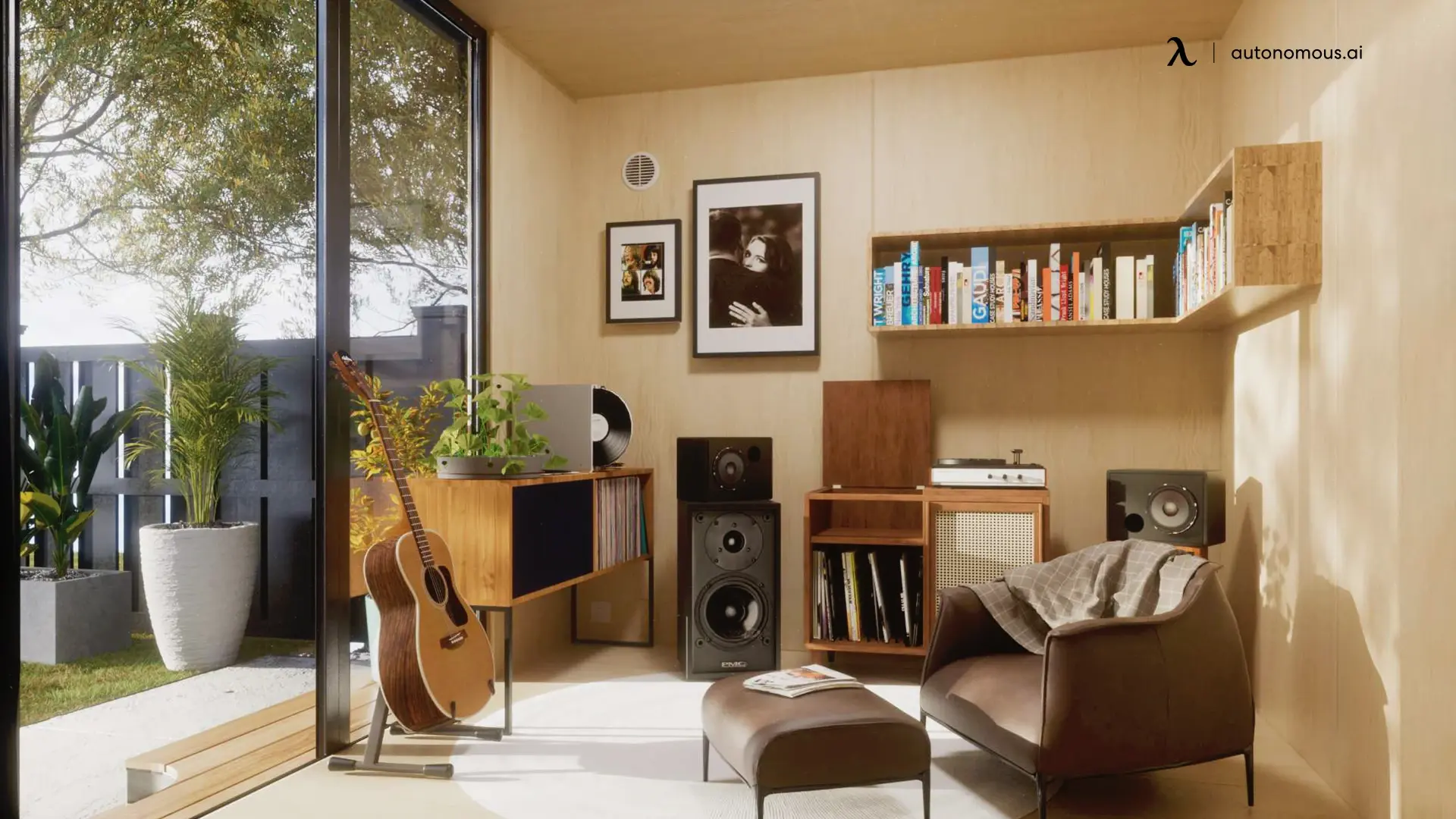
There’s also an important distinction between the therapist’s chair and the client’s chair. The therapist’s seat often needs adjustability, lumbar support, and durability to handle the daily rhythm of practice. The client’s chair, on the other hand, is less about mechanics and more about atmosphere. Its purpose is to soften the room, balance authority with approachability, and create a setting where trust can naturally unfold.
Even the smallest details — ideal chair height, angle, or the presence of an office chair with armrests — can shift the dynamic. Positioning the therapist and client at eye level fosters equality; too much height difference can unintentionally create distance or authority. Thoughtful design choices like this shape the flow of conversation, setting the stage for a deeper connection.
Seen this way, the office chair becomes more than a piece of furniture. It’s part of the therapeutic alliance, influencing body language, presence, and the rhythm of every session. The right chair quietly supports not just posture, but the practice itself.
Finding Balance: Comfort, Support, And Style In Your Therapist's Office Chair
Choosing a chair for your practice isn’t just about furniture — it’s about creating balance. The right therapist office chair supports your body through long sessions while shaping the atmosphere where clients feel at ease.
Here are the elements that matter most when finding that balance:
- Ergonomic Support
An ergonomic therapist chair adjusts to your body’s needs. Features like seat height adjustment, lumbar support, and tilt functions help maintain healthy posture and reduce the strain of sitting for hours.
- Lasting Comfort
A comfortable therapist chair keeps the focus on your clients, not your back or shoulders. Look for well-cushioned seats, breathable fabric office chairs, and a design that feels supportive across an entire day.
- Professional Style
The design of your chair influences the mood of the space. Office chair colors, shapes, and materials should project calm professionalism while also making clients feel welcome and safe.
- Durability And practicality
Because therapy work calls for daily use over many years, durability is essential. A therapist chair with good back support, sturdy office chair materials, and easy-care fabrics ensures your chair remains a reliable part of your practice.
Finding the most comfortable therapist chair is ultimately about harmony — supporting your well-being as a professional while creating a setting where trust and openness can flourish.
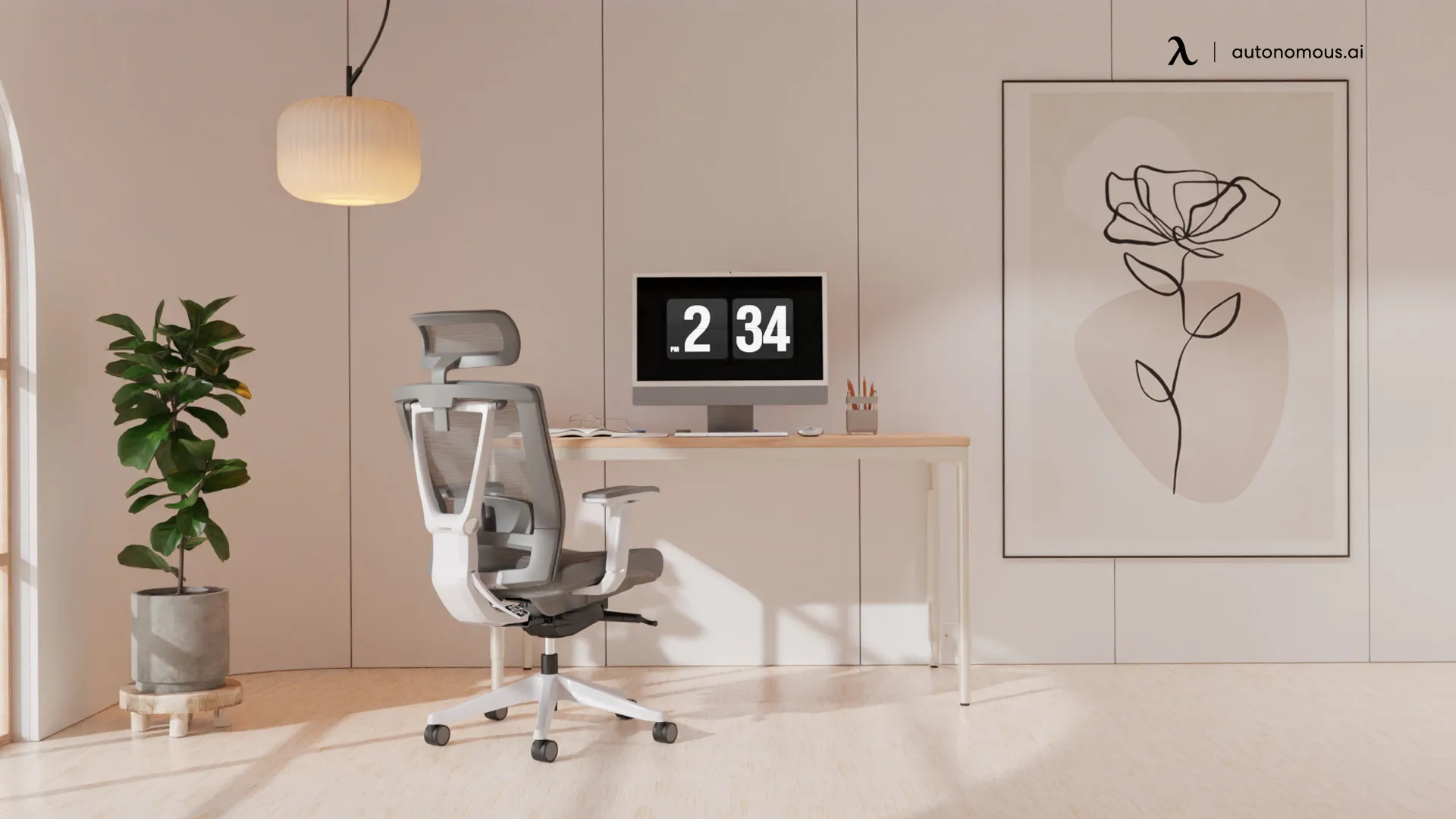
8 Best Therapist Office Chairs For Every Practice
The chair in a therapy room does more than provide support — it becomes part of the therapeutic process itself. A good therapist office chair sustains your energy through long days, while client seating influences how safe and welcome people feel when they walk in.
Below are some of the best therapist chairs, each chosen for how it serves both the professional and the client relationship.
1. Autonomous ErgoChair Pro
A versatile and modern ergonomic choice for everyday practice.
The Autonomous ErgoChair Pro is designed for those who spend long hours at their desk, making it a strong choice for therapists who see back-to-back clients.
Its fully adjustable features — including lumbar support, headrest, tilt tension, and armrests — allow therapists to fine-tune the chair to their body. The breathable mesh back keeps the body cool during long sessions, while the cushioned seat provides lasting comfort.
For therapists, this adaptability means staying physically supported throughout the day, reducing fatigue and distraction. The clean, modern design of this office chair for long hours also integrates well into a wide variety of therapy office styles.
2. Corjan Mid-Century Executive Chair
A classic, refined option with timeless mid-century style.
This comfortable therapist chair blends classic design with practical support, making it ideal for therapists who want to balance authority with approachability. The curved backrest and plush cushioning provide comfort during longer sessions, while the rich mid-century aesthetic adds sophistication to the room.
It works well for therapists who want their seating to reflect professionalism without being intimidating. The executive look sends a subtle message of confidence while still keeping the therapist grounded and approachable.
For those who prefer a similar blend of elegance and function, a modern executive office chair can also achieve this balance in a therapy setting.
3. WorkPro® 1000 Series Ergonomic Mesh
A budget-friendly ergonomic chair with reliable daily support.
Favored for its blend of affordability and advanced features, this ergonomic therapist chair is practical yet supportive. Adjustable seat depth, armrests, and tilt lock make it easy to customize, and the mesh back promotes airflow through long sessions.
For therapists, these features make it possible to remain comfortable through long days without strain. It’s a particularly good choice for therapists starting out or furnishing multiple offices, since it balances affordability with features normally found in higher-end models.
4. Herman Miller Embody Chair
A premium ergonomic choice for those prioritizing health and performance.
The Embody is often seen as the gold standard for therapist seating. Its pixelated support system adapts to micro-movements, distributing weight evenly and promoting circulation.
Designed to encourage natural spine alignment, it prevents stiffness even after hours of use. For therapists, this is more than a therapist chair with good back support — it’s an investment in long-term well-being, ensuring they can focus on clients without physical distraction.
While this is a premium choice, others may prefer an affordable office chair that balances comfort and budget for everyday practice.
5. Corrigan Studio Elandra Upholstered Accent Chair And Ottoman
A plush and home-like option that prioritizes relaxation.
The Elandra creates an inviting corner with its upholstered cushions and ottoman. Its soft fabric and rounded shape convey comfort and safety, helping to transform the office into a space that feels more like a welcoming living room than a formal clinic.
6. VINGLI Accent Chair
A practical, understated piece with a welcoming feel.
Simple yet supportive, the VINGLI Accent Chair is ideal for clients who need a balance of comfort and structure. The padded seat and backrest are firm enough to support but soft enough to encourage relaxation. Its approachable design lowers the sense of formality, giving clients a physical space that mirrors emotional openness.
7. Living&Giving Accent Chair
A modern, stylish choice with a calming presence
With its clean lines and durable upholstery, the Living&Giving Accent Chair adds modern elegance without sacrificing comfort. It’s sturdy enough for daily use, yet designed with a warmth that helps clients feel grounded.
For practices that want to project calm professionalism while keeping the environment approachable, this chair is a natural fit.
8. George Oliver Lemley Solid Wood Accent Chair
A sleek, minimalist design rooted in natural materials.
The Lemley Accent Chair brings a touch of modern minimalism with its solid wood frame and upholstered seat.
Its angled design gives clients a supportive yet relaxed posture, while the natural wood tones add warmth to the therapy space. For therapists, this chair offers a blend of stability and ease — strong enough to feel secure, yet comfortable enough to encourage openness.
It’s especially well-suited for offices that aim for a clean, uncluttered aesthetic without sacrificing comfort.
Choosing the right therapist office chair is the first step, but how you arrange it in your space matters just as much. The way therapist and client chairs are positioned influences comfort, presence, and the flow of conversation. In the next section, we’ll look at how to set up your therapy office so these chairs not only support the body but also shape the atmosphere of trust and connection.
Setting Up Your Therapy Office For Success
How you arrange chairs in a therapy office can be just as meaningful as the chairs themselves. A thoughtful setup encourages openness, balance, and trust.
Here are a few simple ways to shape the space:
- Match seating height
Position your chair at the same level as the client’s. This small detail helps maintain equality and prevents subtle power imbalances.
- Allow a comfortable distance
Place chairs far enough apart to respect personal space but close enough to support connection. This balance fosters both comfort and attentiveness.
- Consider angles, not just placement
Facing chairs directly can feel intense, while a slight angle creates a softer, more natural flow for conversation.
- Create visual balance
Pairing a structured ergonomic therapist chair with softer, inviting client chairs gives the room both professionalism and warmth.
- Support the setting with surroundings
Add elements like soft lighting, natural materials, a side table, or small desk plants to enhance the sense of care without overwhelming the space.
With these small adjustments, therapist office chairs do more than provide a seat — they help shape the emotional tone of the room, making it easier for clients to feel safe and supported.
Beyond seating, details like lighting, textures, and design also matter — drawing on therapy office decor ideas can help create a calming and welcoming atmosphere.
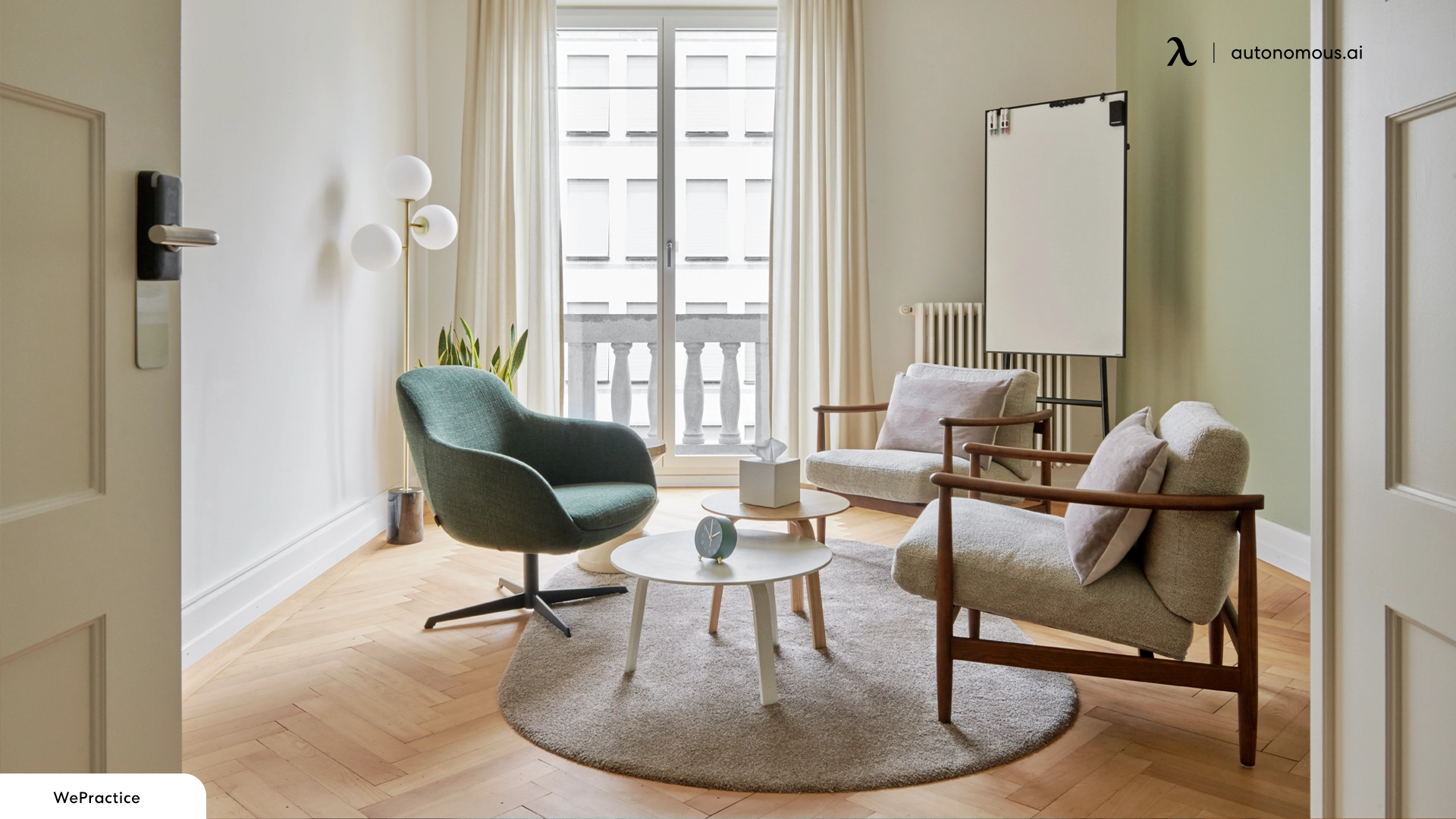
FAQs
1. What is the best chair for a therapist's office?
The best therapist chair is one that combines ergonomic support, lasting comfort, and a professional yet calming style.
Therapists benefit from ergonomic office chairs with spine support and adjustability, while clients feel most at ease in upholstered accent chairs that are soft, stable, and welcoming.
2. What are those therapist chairs called?
Therapist chairs are typically described as ergonomic office chairs for the professional and accent chairs or lounge chairs for clients.
The therapist’s chair is designed for posture support and durability during long sessions, while the client’s chair is chosen for comfort and an inviting appearance.
3. What should a therapist’s office look like?
A therapist’s office should feel balanced, professional, and comfortable. The design usually includes an ergonomic therapist chair, one or two client chairs, and décor that creates a calming environment.
Soft lighting, natural materials, and thoughtful spacing between chairs all contribute to a setting where clients feel safe and open, and therapists can remain focused and present.
4. How do I choose a comfortable therapist chair that still looks professional?
Look for chairs that combine soft but firm cushioning, neutral colors, and clean design lines. This ensures the chair offers comfort for long use while maintaining a calming, professional appearance.
5. Can a reclining chair work in a therapist’s office?
Yes—if used thoughtfully. A reclining office chair can add relaxation and help clients feel safe, but it’s important to balance comfort with structure so that it doesn't undermine the therapeutic environment.
6. Is mesh or upholstered material better for therapist chairs?
Mesh chair promotes airflow and keeps therapists cool during long sessions, while upholstered seating adds warmth and comfort for clients. Many practices blend both to support the needs of both roles.
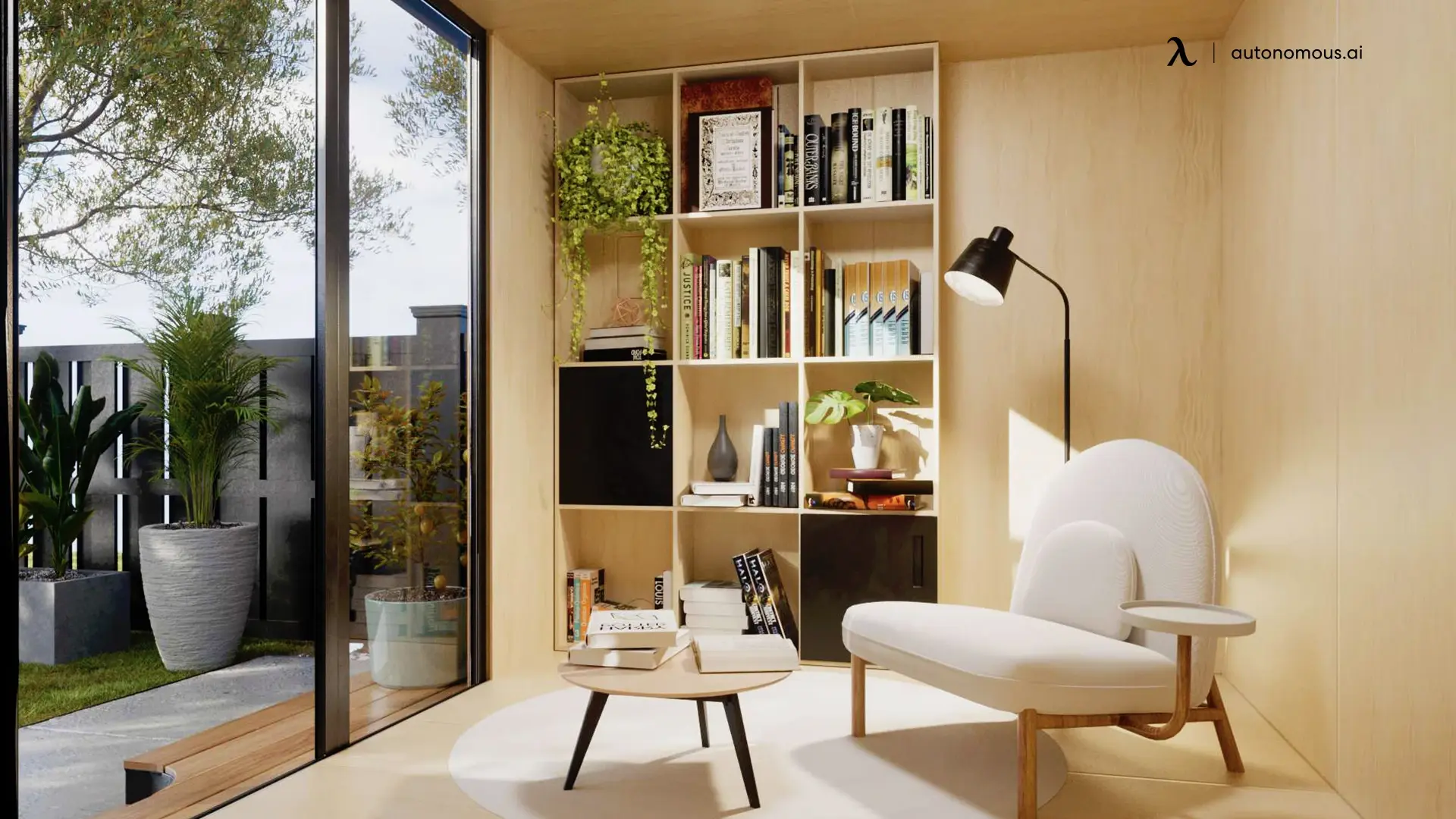
Conclusion
A therapist's office chair is more than a piece of furniture — it’s a tool that shapes the flow of every session. The right choice supports the therapist’s posture and presence while offering clients comfort and reassurance.
By balancing ergonomics, style, and thoughtful placement, your chairs can transform an office into a space of trust, calm, and connection. In the end, it’s not just about finding a seat — it’s about creating the foundation for meaningful conversations and lasting therapeutic work.
Spread the word

.svg)
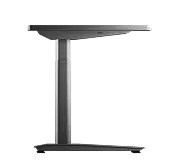
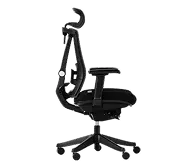

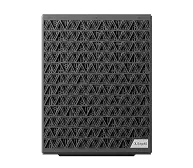

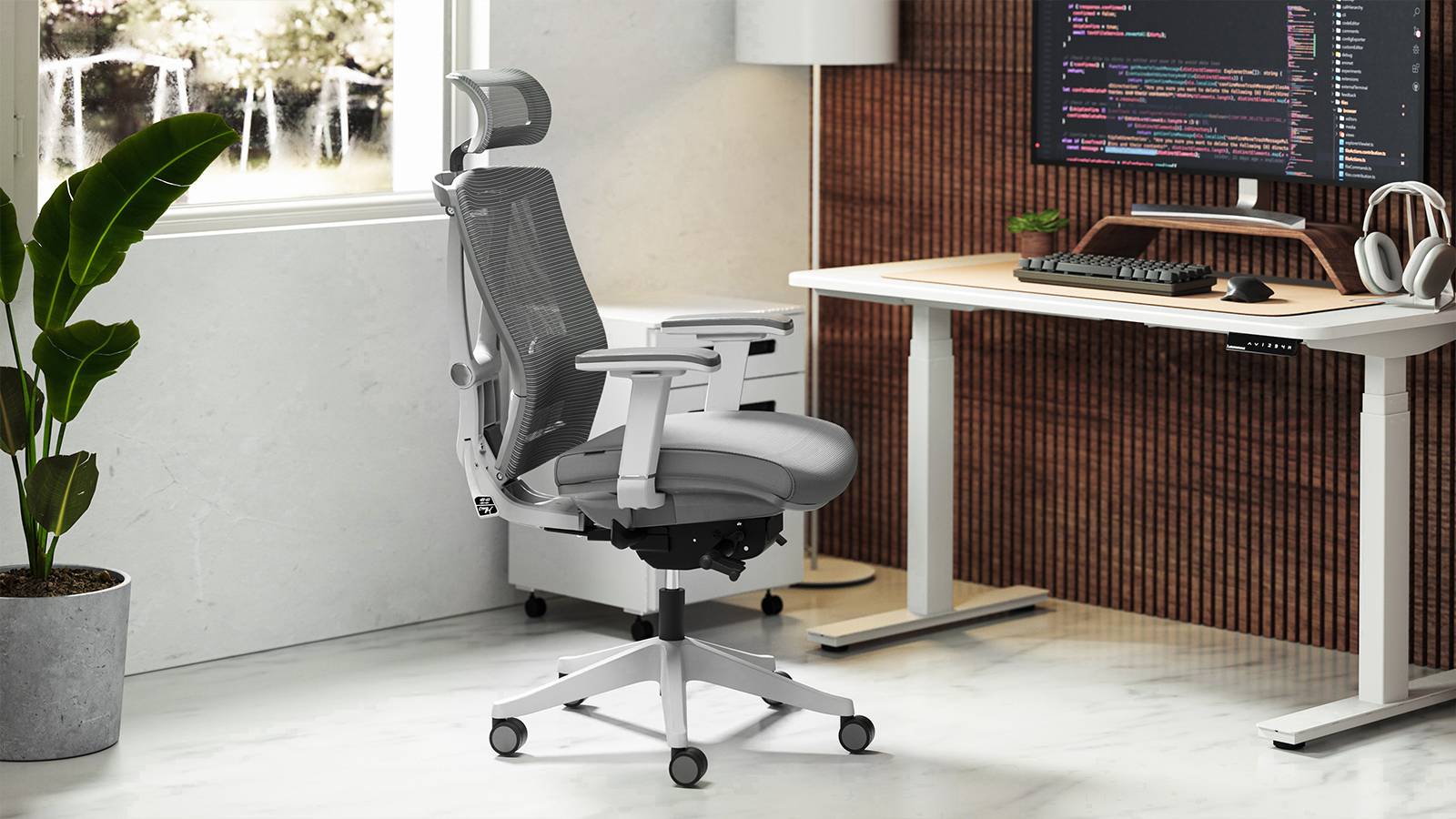

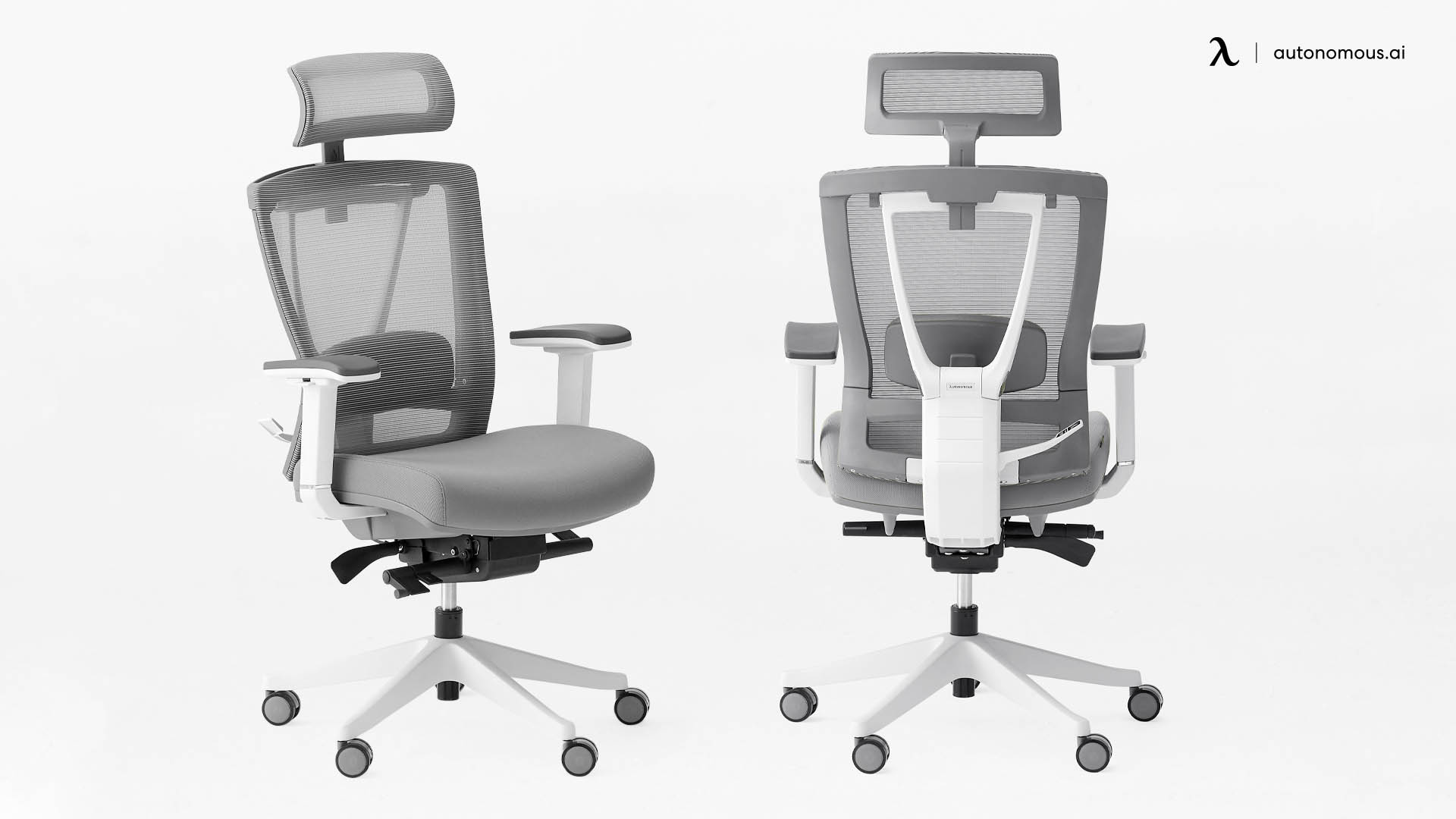
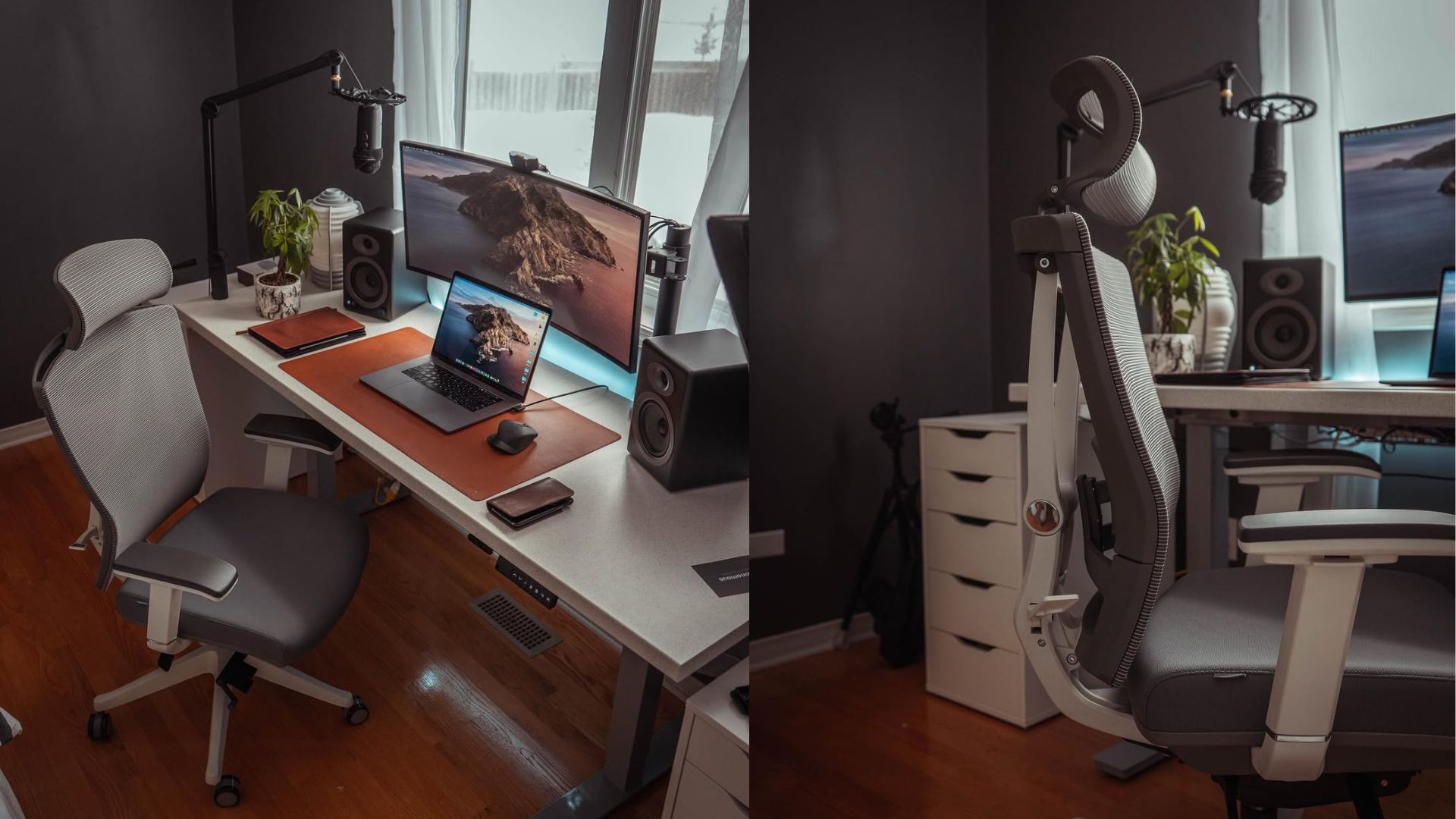
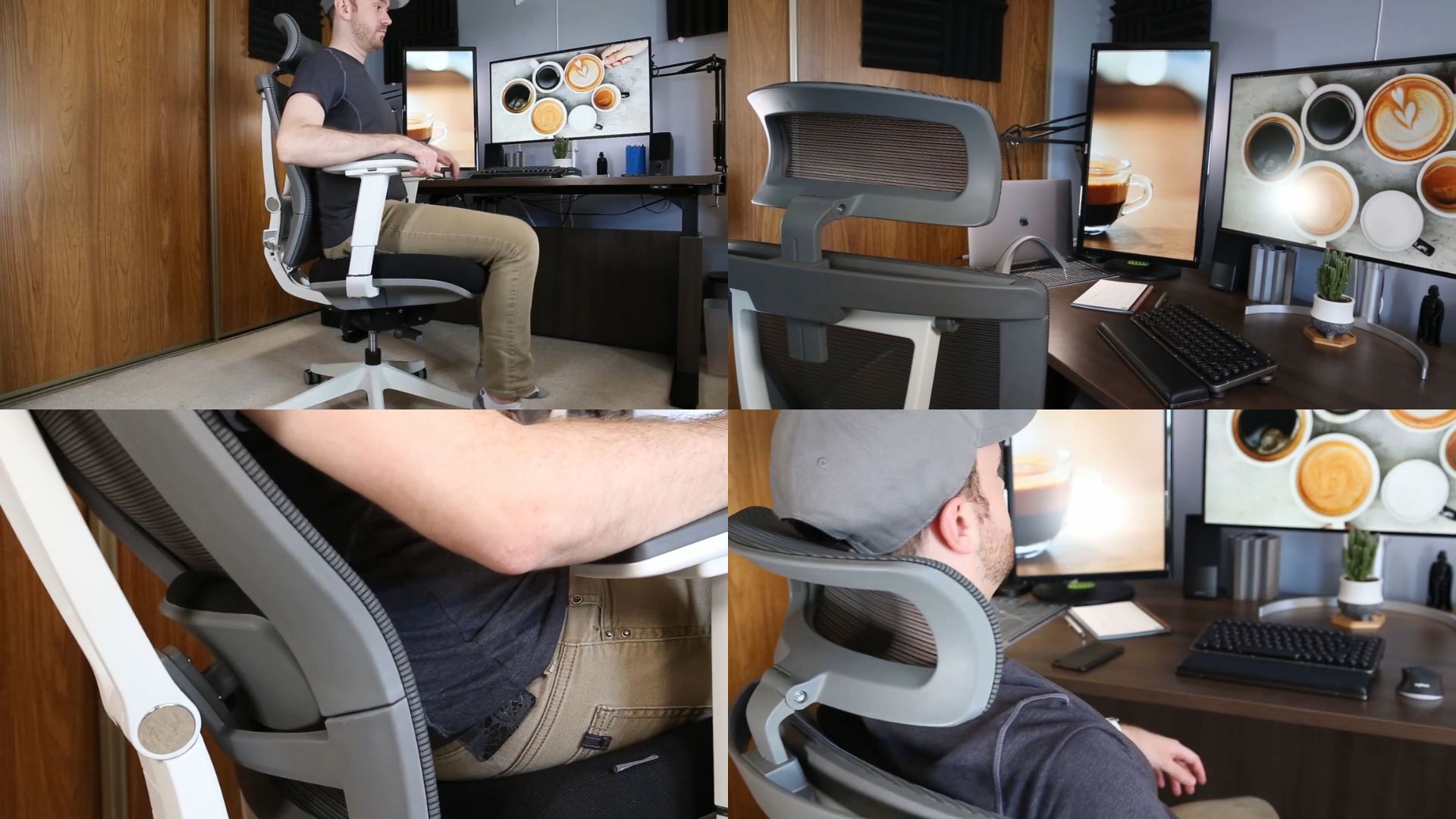
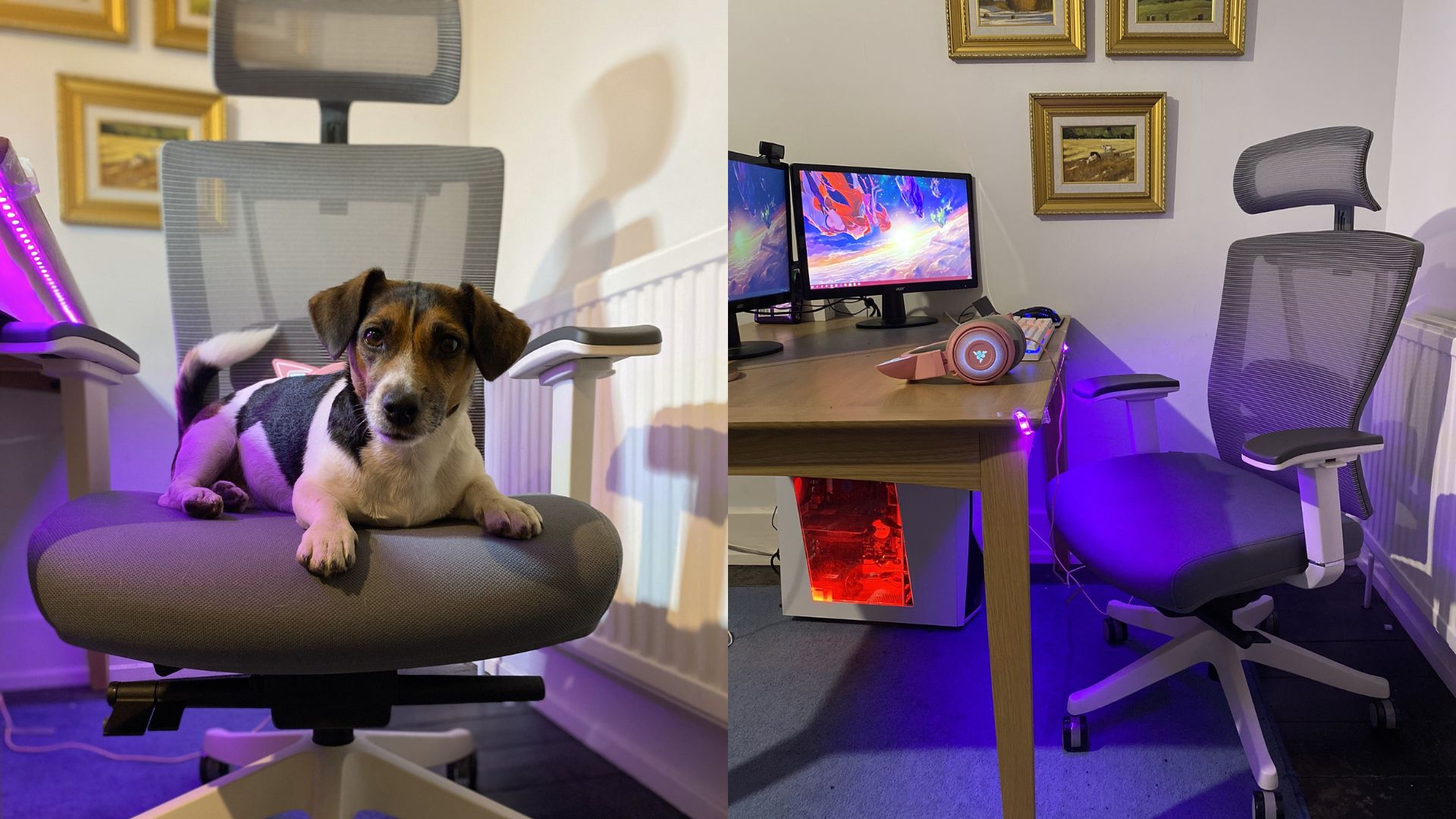
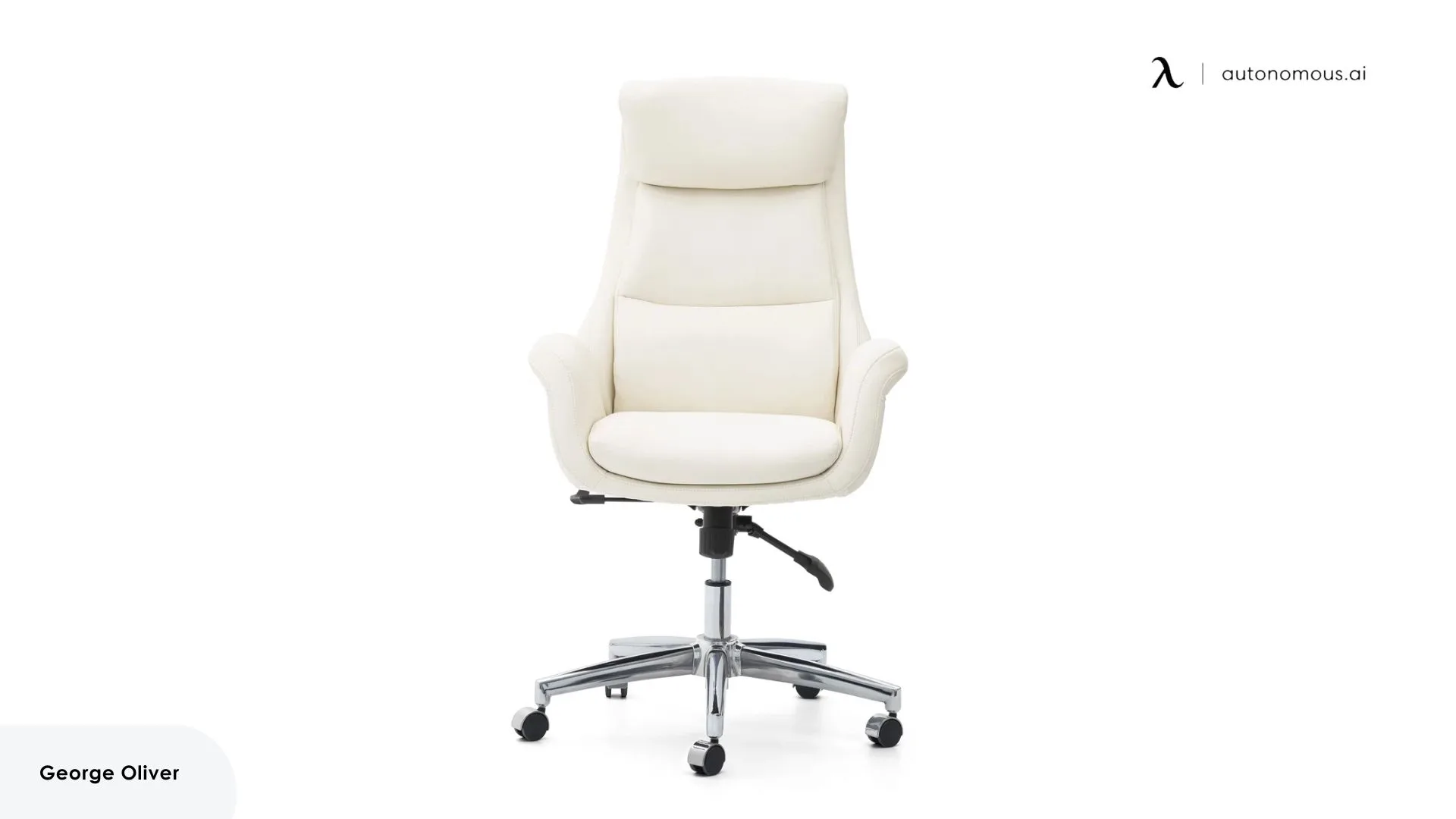
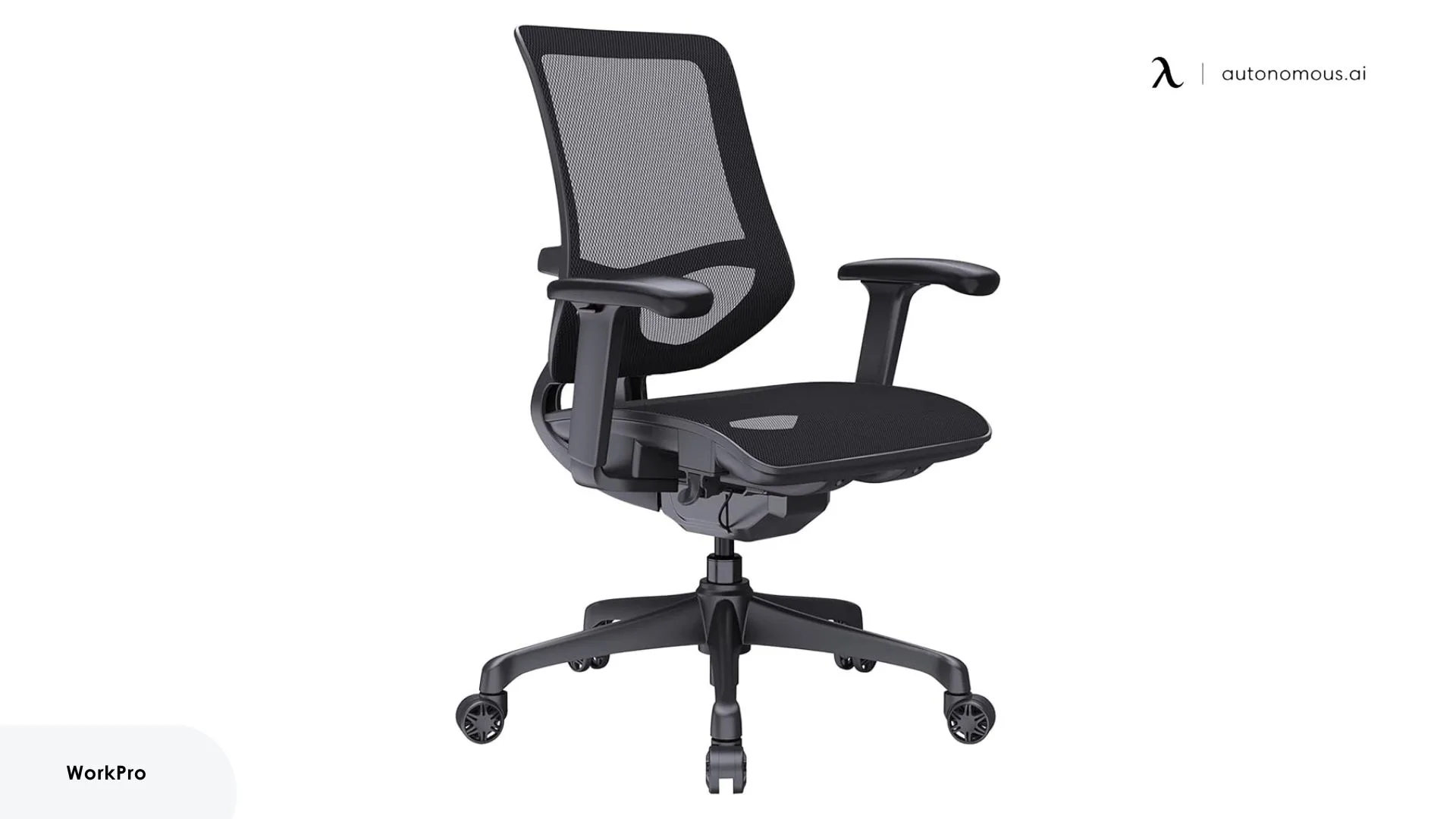


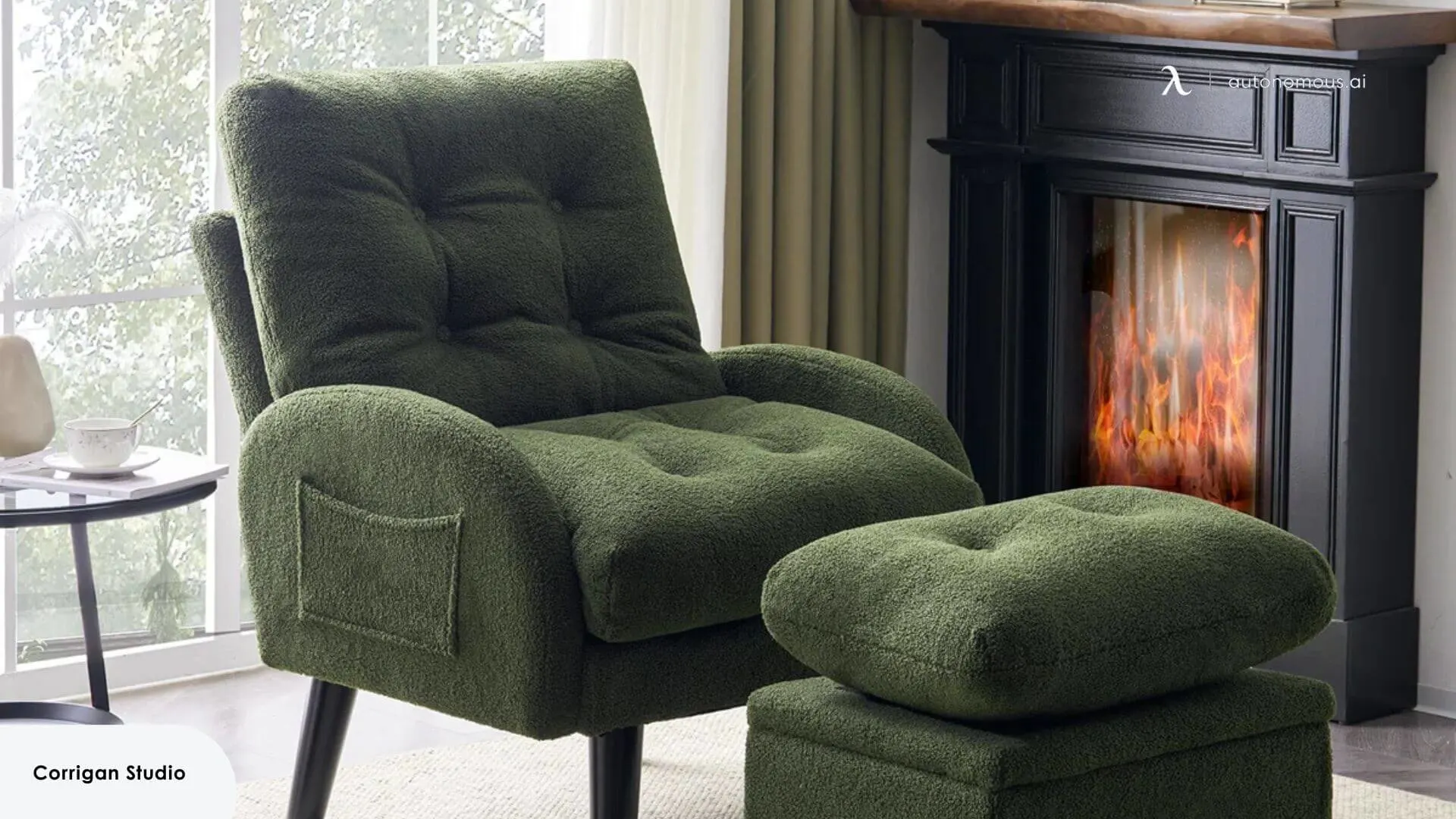
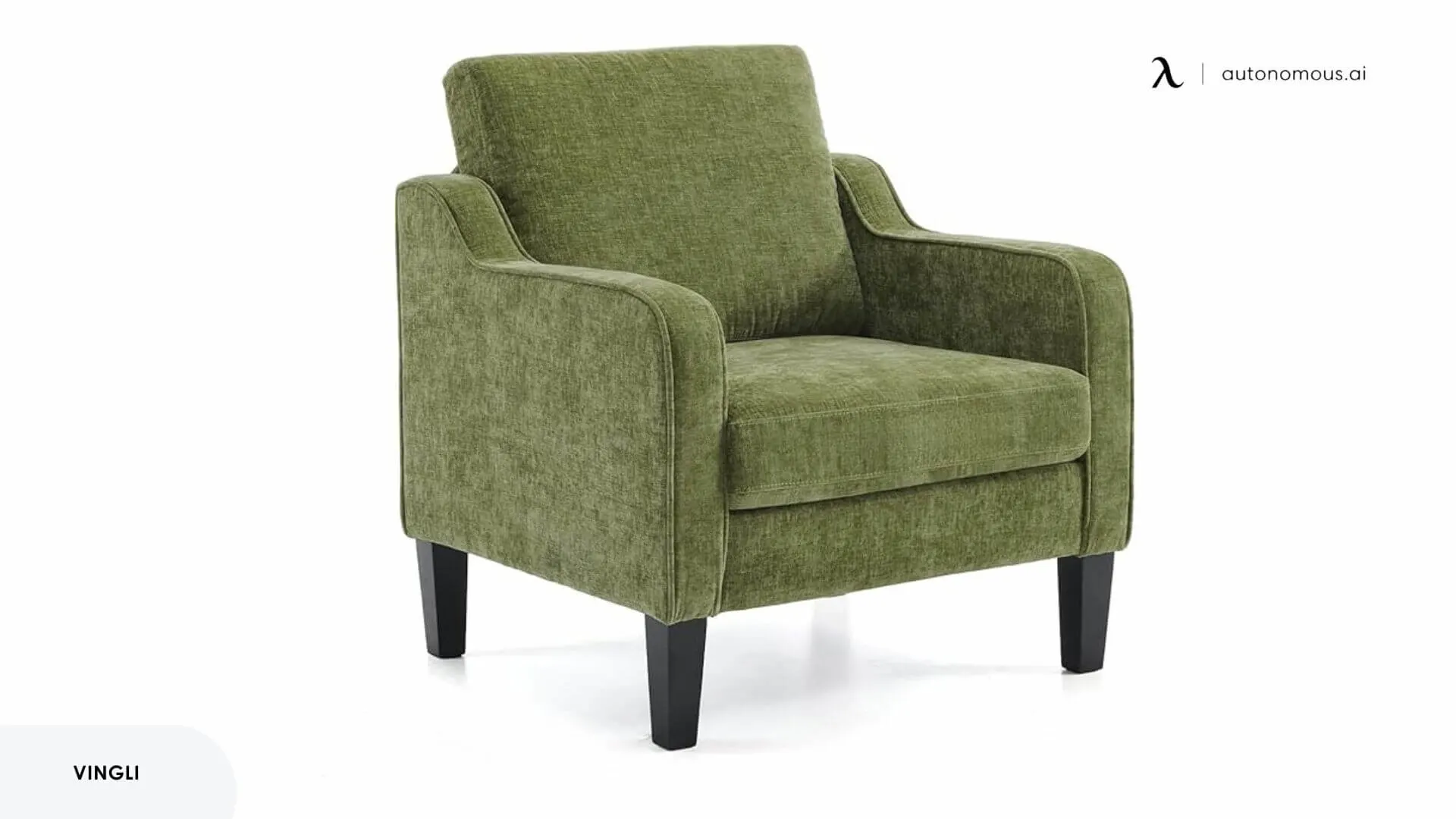
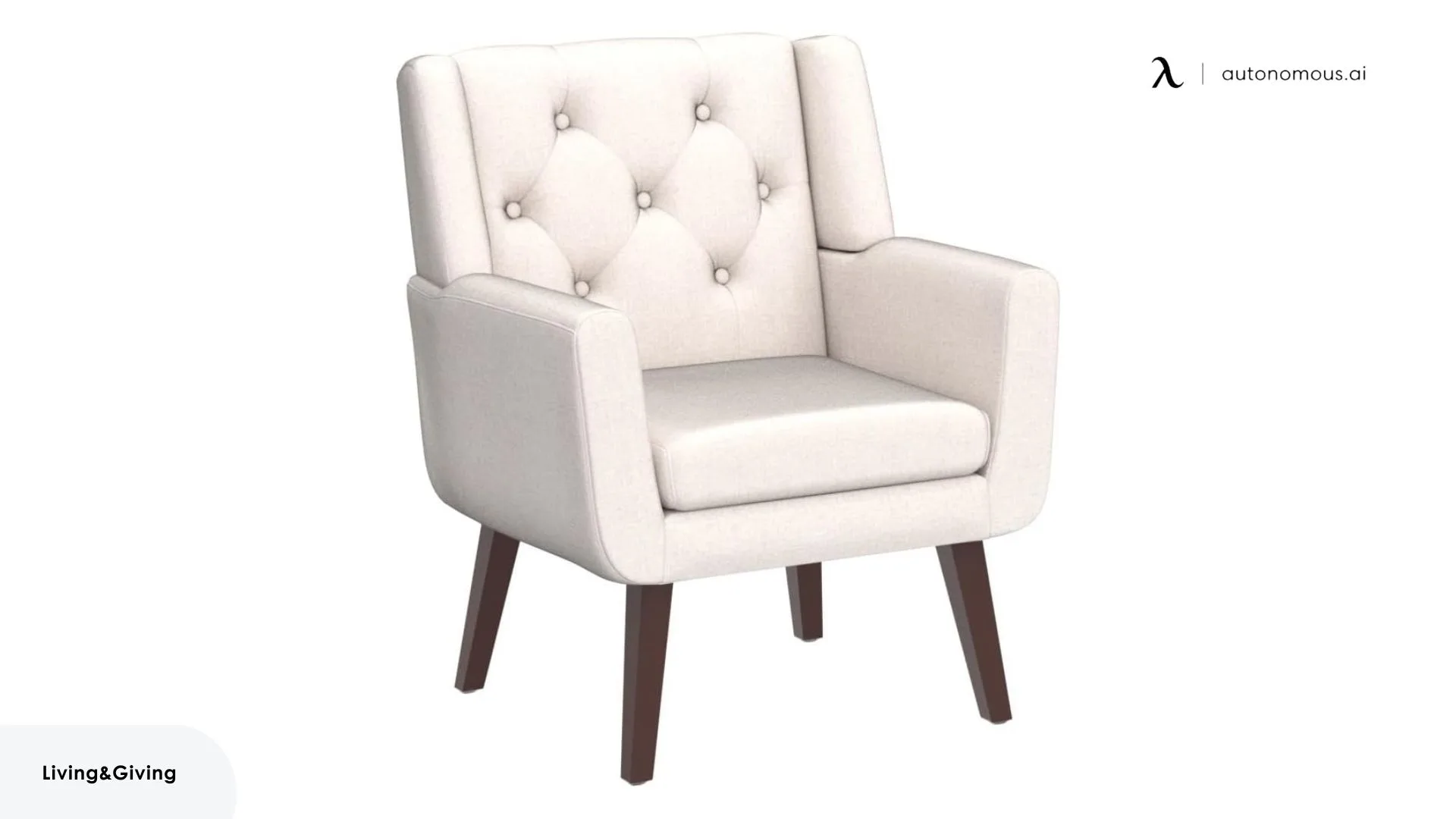
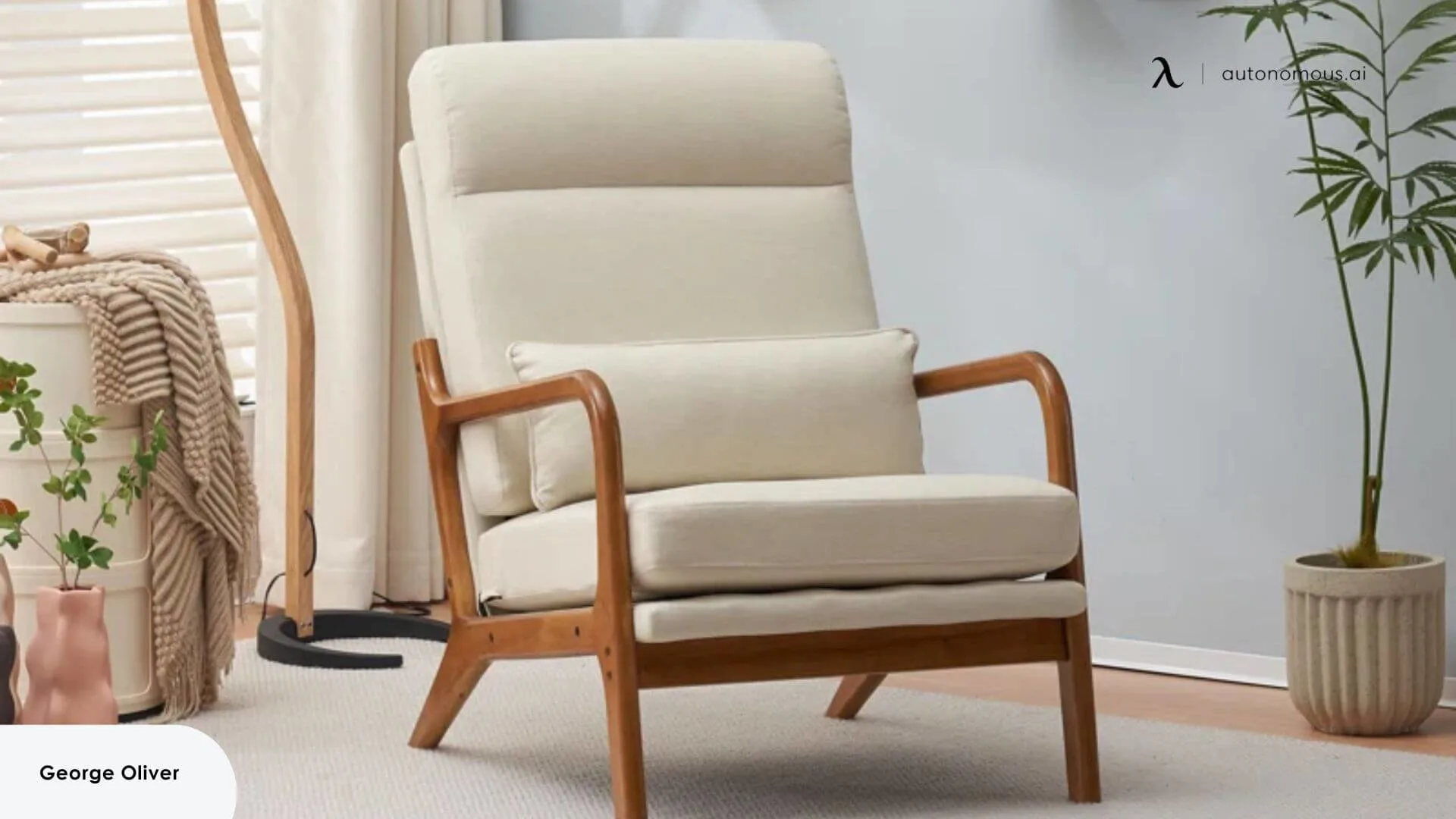


.webp)

